Proofs
In the world of business, it is important to understand the basics of registering your business, obtaining a North American Industry Classification System (NAICS) code, securing an Employer Identification Number (EIN), banking data points, and understanding the terms Net 30s, Net 60s, Net 90s, and how to obtain a Data Universal Numbering System (DUNS) number. Furthermore, you should understand the process of getting a business credit score, how to check your business credit score, and how to open up tier 1, 2, 3, and 4 accounts. This blog will discuss the importance of each step and provide helpful information on how to complete each task.
Registering your business is a crucial step in establishing a business. Depending on where you live, there are different steps and regulations that must be followed to register a business. It is important to understand the local and state laws that guide this process. Additionally, the type of business structure should be chosen, whether it is a Sole Proprietorship, Partnership, LLC, or Corporation.
The NAICS code is a classification system developed by the U.S. federal government to identify industries. This code is used to classify different types of businesses, and is an important factor for obtaining a loan or tax breaks.
An EIN is a unique nine-digit number that is assigned to a business when it is registered. It is used for various purposes, such as filing taxes, opening bank accounts, and obtaining credit.
When registering a business it is important to have the proper banking data points. These data points include the business name, address, phone number, and email address. This information is required when opening a bank account and is necessary for the business to function properly.
Net 30s, Net 60s, and Net 90s are terms used to refer to the amount of time a company is given to pay its bills. Net 30s means that a company has 30 days to pay its bill, while Net 60s and Net 90s refer to 60 and 90 days respectively. It is important to understand these terms and their implications.
The DUNS number is a unique nine-digit identifier assigned to each business. It is used for various purposes, such as obtaining a business credit score, and is a required when applying for grants and loans.
The process of getting a business credit score involves providing basic information about the business, such as its business name, address, and contact information. This score is used by lenders to decide whether or not to extend credit to a business.
In order to check the business credit score, one must contact the credit bureaus, such as Experian and Equifax. These bureaus will provide a detailed report about the business credit score.
Finally, tier 1, 2, 3, and 4 accounts refer to the level of financial risk associated with a business. Tier 1 accounts are typically more stable and have a lower risk of default, while tier 4 accounts generally have a higher risk of default. It is important to understand the different tiers and the associated risks when opening accounts.
In conclusion, understanding the basics of registering a business, obtaining a NAICS code, obtaining an EIN, banking data points, and understanding the terms Net 30s, Net 60s, Net 90s, obtaining a DUNS number, and obtaining a business credit score are all important steps to take when opening a business. Additionally, understanding the different tiers of accounts and associated risks is essential for business success.
After your purchase, you’ll receive a delivery email from us with a download link once we’ve verified and processed your order, typically within a few minutes to a few hours. If you have any questions or need assistance, feel free to reach out to us via live chat – we’re here to help!
All the Courses and Books that are available in our store are digital editions and Not Physical, and are delivered by email.
If you are teacher or you need a lot of books and courses that you need for fair price, Yes we can help and we can do bulk orders. and please contact us for that.
We understand the concern many have about the legitimacy of online platforms, especially when they offer courses and books at affordable prices. Here’s why you can trust coursesblock.com:
No There is no limitation to the number or type of devices you can access courses on.